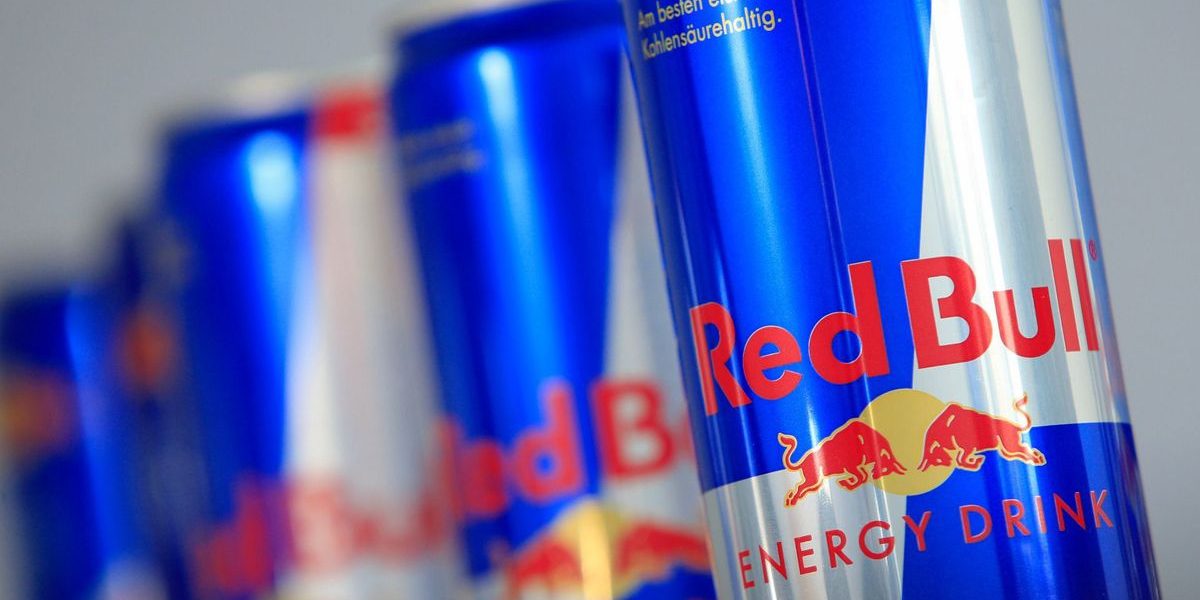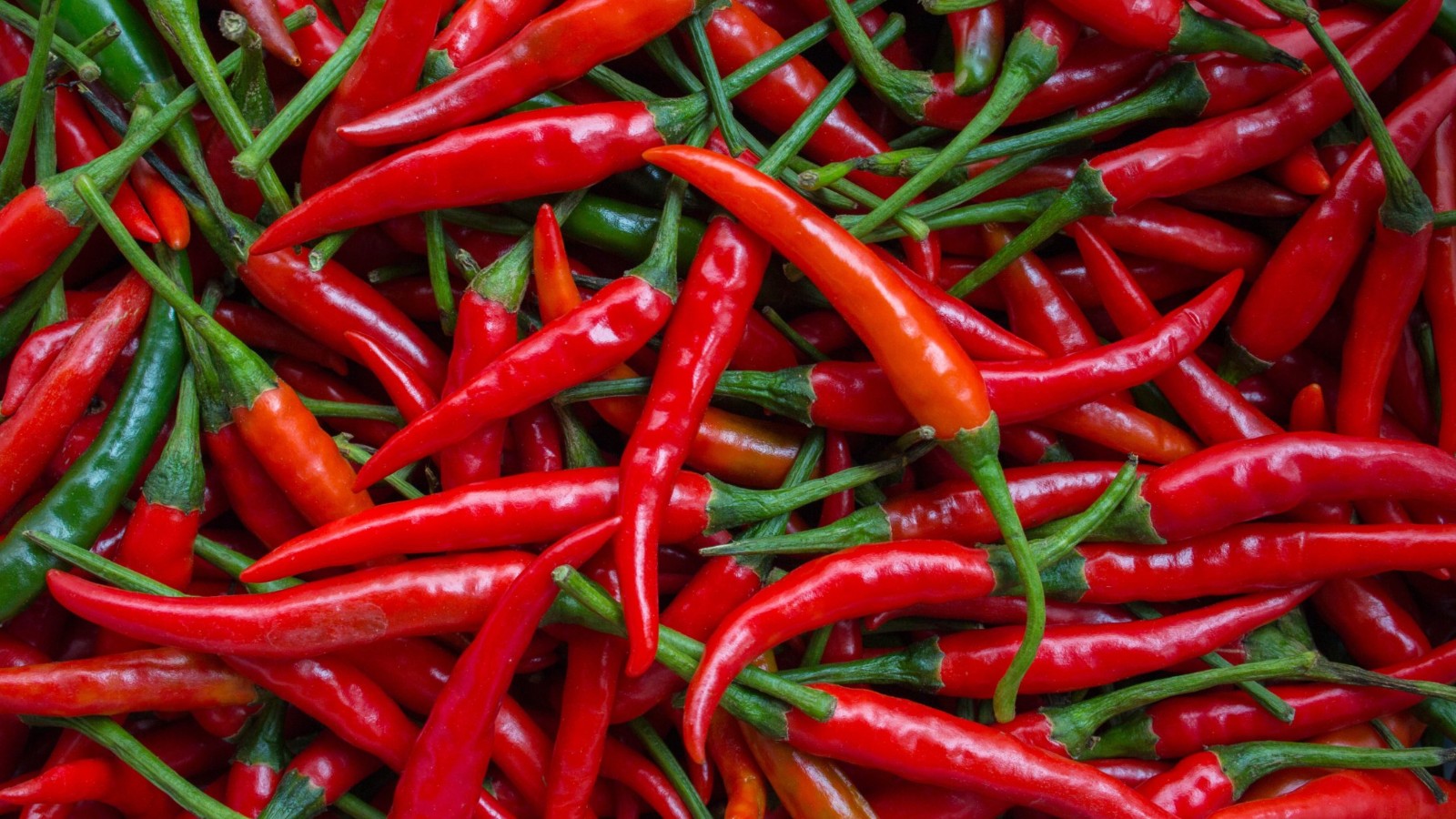An organic chemistry midterm. A political science paper. A long, sleepless night.
As I browsed through the contents of my fridge to find inspiration, I ignored all the “healthy” foods. No, I did not want toast. Oranges, maybe, but I was too lazy to peel fruits at this godforsaken hour. The clock was ticking, and my energy levels dropped by the minute. Yawn after yawn signaled my imminent doom.
And that’s when I saw it. It stood there, oblivious, shining in the dark corner of my cabinet. Tall, slender, draped in its red, blue colors. My redemption. My hope. My savior. My Red Bull.
115 calories; 28 grams of total carbohydrates, 26 of which were from sugars; 0% in the vitamin section; and a list of chemicals that I did not understand. Yes, it’s probably unhealthy, and I knew that if I consumed too many cans, risky health issues would follow. Red Bull was devoid of vitamins, but I did not need vitamins at midnight. I needed energy, energy to perform well on midterms, energy to salvage my GPA, and energy to ensure a successful career. Vitamins over GPA? Like any other self-prescribed “intelligent” college student, I obviously chose GPA. I was nineteen, and clearly, vitamins and health were not applicable to me.
Health, vitamins, and GPA aside, I wondered, what’s inside this popular energy drink? Is it safe? France, Denmark, and Norway banned this energy drink, only to lift the ban in 2008. What were their reasons?
Glucuronolactone and taurine are two ingredients in Red Bull. Minimal research has been done on them, so essentially, no one knows their effects, detrimental or beneficial. Taurine is associated with neurological developments. It has a sedative effect on the brain, possibly causing the “crash” after consuming an energy drink. “Remarkably little is known about the effects of energy drinks on the brain. We can’t even be sure how much of the taurine in the drink actually reaches the brain!” says Dr. Harrison, a researcher in a study funded by National Institutes of Health. Caffeine, the most important ingredient in Red Bull, on the other hand, is a fairly common stimulant. Based on these facts alone, my verdict on Red Bull is not particularly scathing. It’s neither beneficial nor alarmingly harmful.
But experts seem to think otherwise. Red Bull can increase the risk of heart disease and life-threatening clots even in young people like us college students. Although caffeine and taurine do not seem harmful when analyzed separately, these chemicals can be dangerous when used in combination. A recent study analyzing college students’ blood chemistry after consuming a 250 ml can of sugar-free Red Bull shows an increase in “blood’s stickiness” after an hour. The research suggested that students’ blood viscosity after drinking one can of Red Bull is equivalent to that of a patient with cardiovascular disease!
Dr. Willoughby, a researcher at the Cardiovascular Research Centre of Royal Adelaide Hospital in UK asserted, “If you add in other risk factors for cardiovascular disease—stress or high blood pressure—this could be potentially deadly.” The “quirky” effects of combining taurine and caffeine need to be further analyzed. Essentially, people with predisposition toward heart disease should think twice before drinking it.
We do not know enough about Red Bull, or any other energy drink for that matter, to produce a more polarized argument. The most alarming aspect is not the harmful or beneficial effects of Red Bull but rather the lack of information regarding energy drinks—one of the primary reasons why European countries initially banned Red Bull. We do not know enough about taurine, glucuronolactone, or even caffeine separately, much less mixed together in the magical formulas of energy drinks. I do not want to be given “wings” only to “crash” my health systems into a cliff later.
Red Bull—the savior—is not as valorous as I had previously deemed it to be. It has the potential to, on one hand, salvage my dire GPA while, on the other, to put it delicately, kill me. As a nineteen-year-old sophomore, I tend to believe in the invincibility of my youth. Vitamins, sleep, and health are all aspects of my life that I continually ignore. I have convinced myself that I should compromise on health but not on my potential career success. In my immaturity, I failed to realize the paradox in my argument: I will not enjoy the fruits of my “successful” future if I do not prioritize my health in the present. In these rare moments of clarity, I put back the can of Red Bull where it belongs: in the dark, forgotten corners of my cabinet.
Article by Hera Maryam
Feature Image Source: Qliktag
























